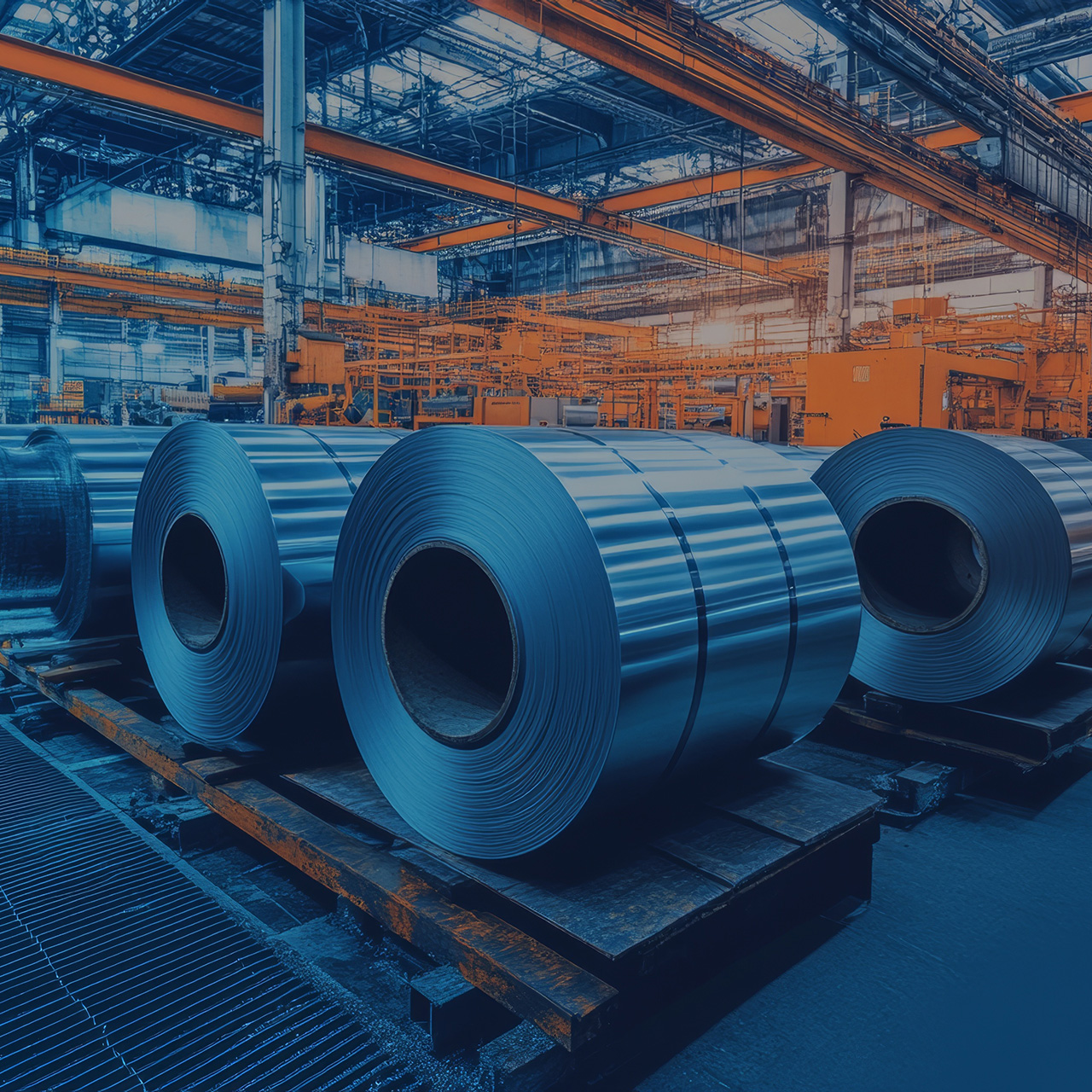ReMA’s ITA-Supported Specifications Help Secure U.S. Manufacturers’ Supply Chains

Online Specifications Guide, a Tool for More Than Just Exports
Through a four-year Market Development Cooperator Program (MDCP) cooperative agreement, ITA partnered with the Recycled Materials Association (ReMA) to help U.S. companies increase their international sales of recycled materials. This project includes the development of an online tool to facilitate greater awareness and promotion of ReMA’s ISRI Specifications guide, which will make it easier to export excess recycled materials not consumed by domestic manufacturers. By moving this guide online, it also makes it easier for U.S. manufacturers, including U.S. steelmakers and aluminum mills, to ensure the appropriate feedstock quality in order to meet the end-product specifications in their domestic supply chains
Reinvigorated Domestic Manufacturing Expected to Increase Demand for U.S.-Processed Recycled Materials
As President Trump’s trade policies increase focus on the reinvigoration of U.S. manufacturing, it is expected that demand will increase for U.S. manufactured goods, which will increase the need for high-quality recycled materials processed by U.S. recyclers. Each year, approximately 70 percent of recyclables in the U.S. are consumed domestically by manufacturers, and so there would be ample feedstock for increases in U.S. production.
For example, as imports decline, demand for U.S.-produced steel is expected to increase. The feedstock for steel mill operations continues to shift towards the use of recycled content, in both primary and secondary steelmaking operations. Currently, electric arc furnaces (EAFs) account for 70 percent of steel production and that is expected to grow. The Steel Manufacturers Association (SMA) estimates that EAF productions will rise to 90 percent of U.S. production by 2040.
SMA also notes that a large U.S. “reservoir” of scrap results, in part, from significant imports of steel and steel-containing goods. As these products imported over the past two-to-three decades reach the end of their useful life, they become an asset as part of the growing reserve of available metal for U.S. recyclers and manufacturers to access.
ReMA’s ISRI Specifications Help Ensure Supply Chain Reliability
Market dynamics traditionally have dictated scrap trade, as high-quality scrap has typically flowed into the U.S. market as it is what is demanded most by advancements in U.S. manufacturing technology. ReMA’s ISRI Specification guide will help to ensure that these imports have the appropriate characteristics to be used to create high-value products, where U.S. producers have a competitive advantage.
Regardless of the sourcing of scrap feedstock, traders and manufacturers worldwide can rely on ReMA’s ISRI Specifications guide, which helps make the supply chain more reliable for U.S. producers.